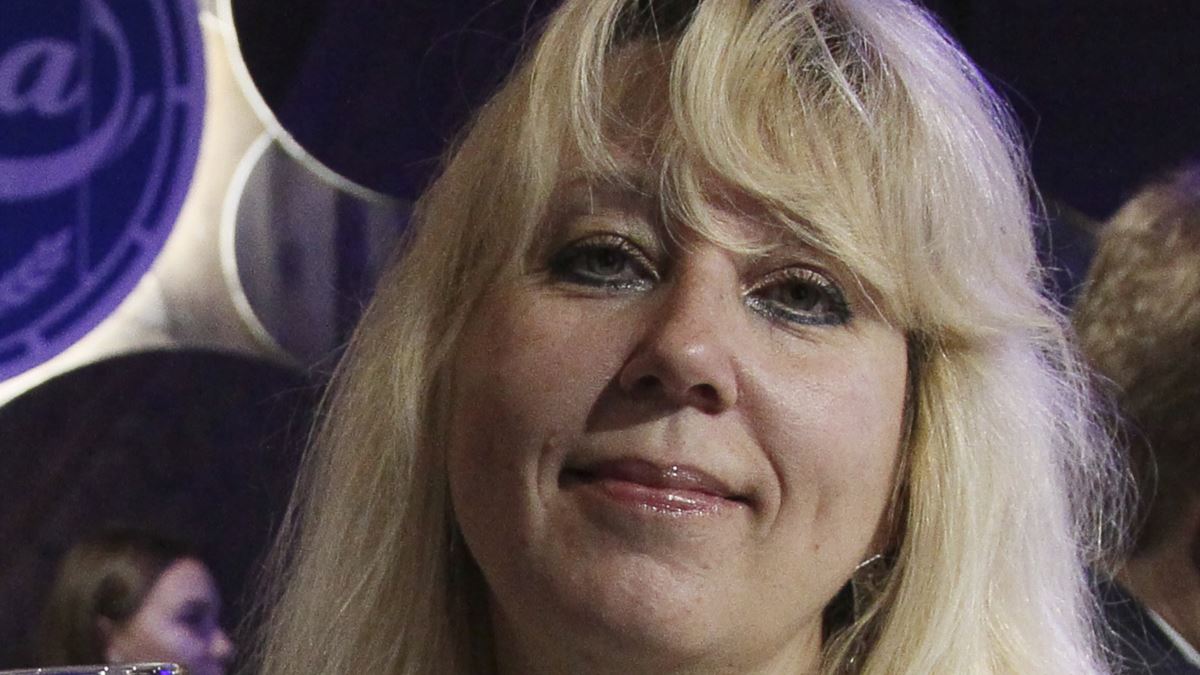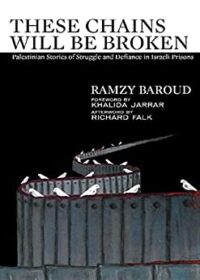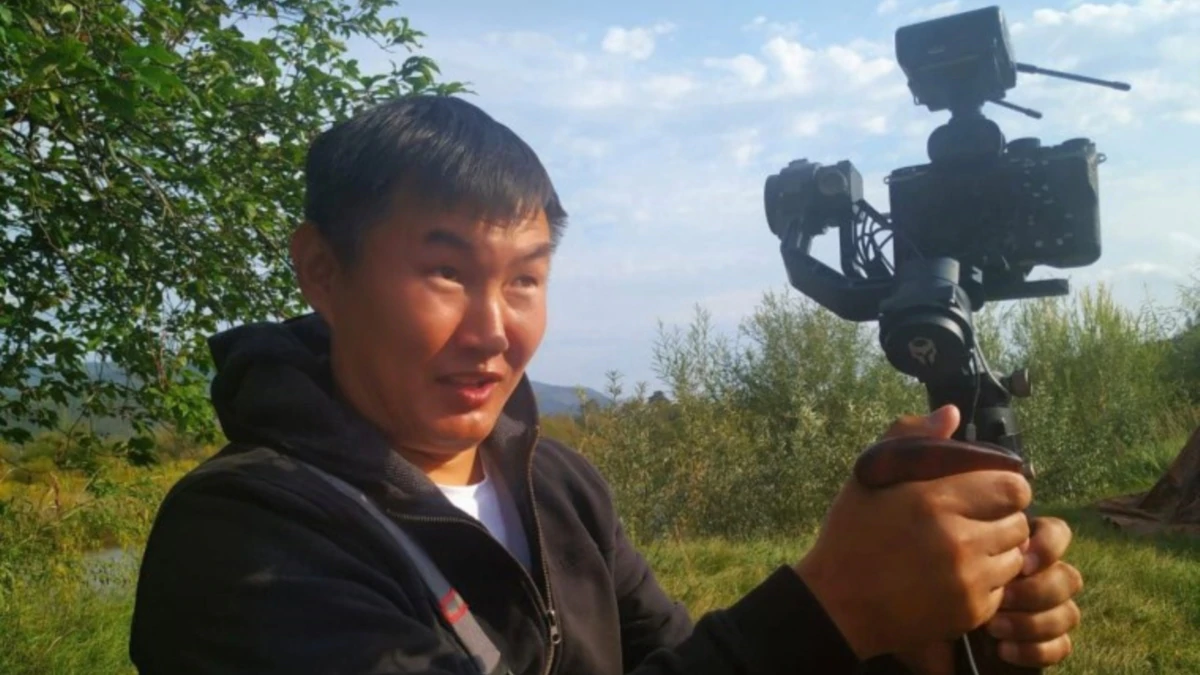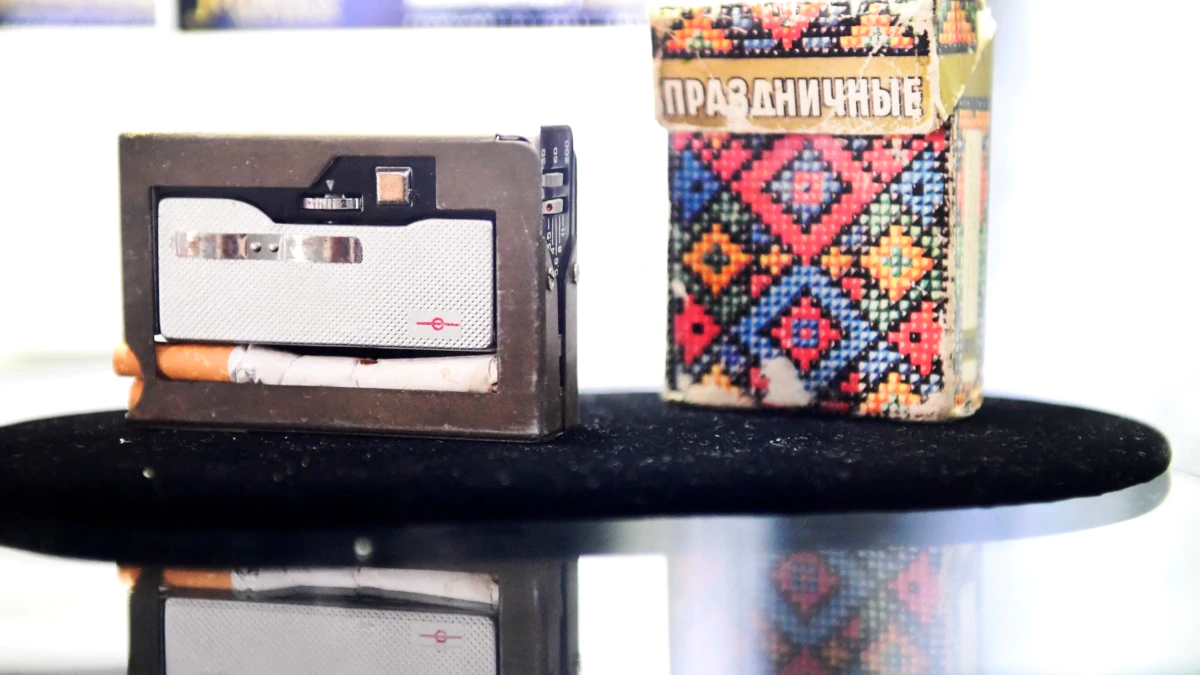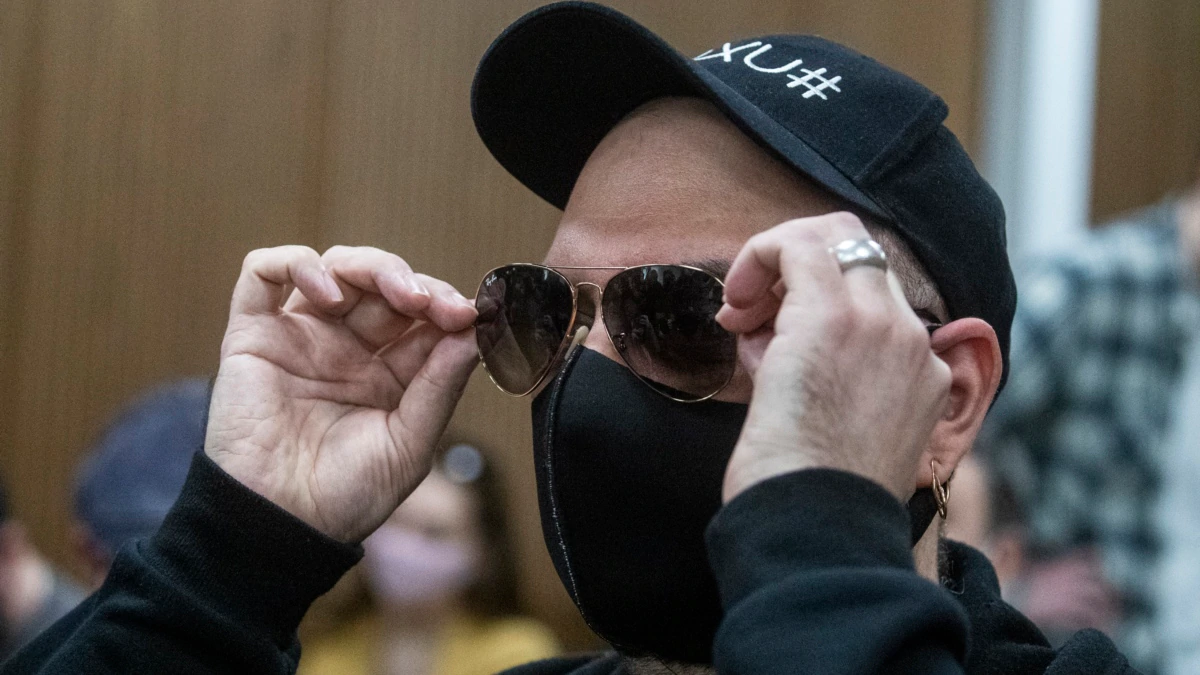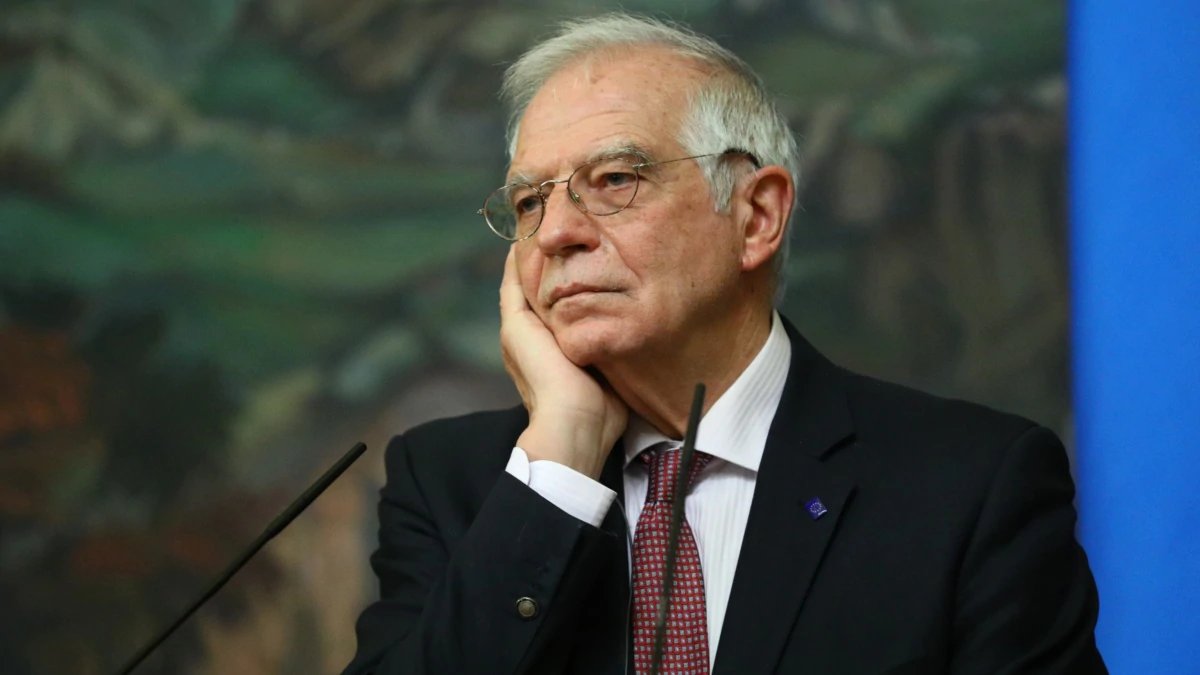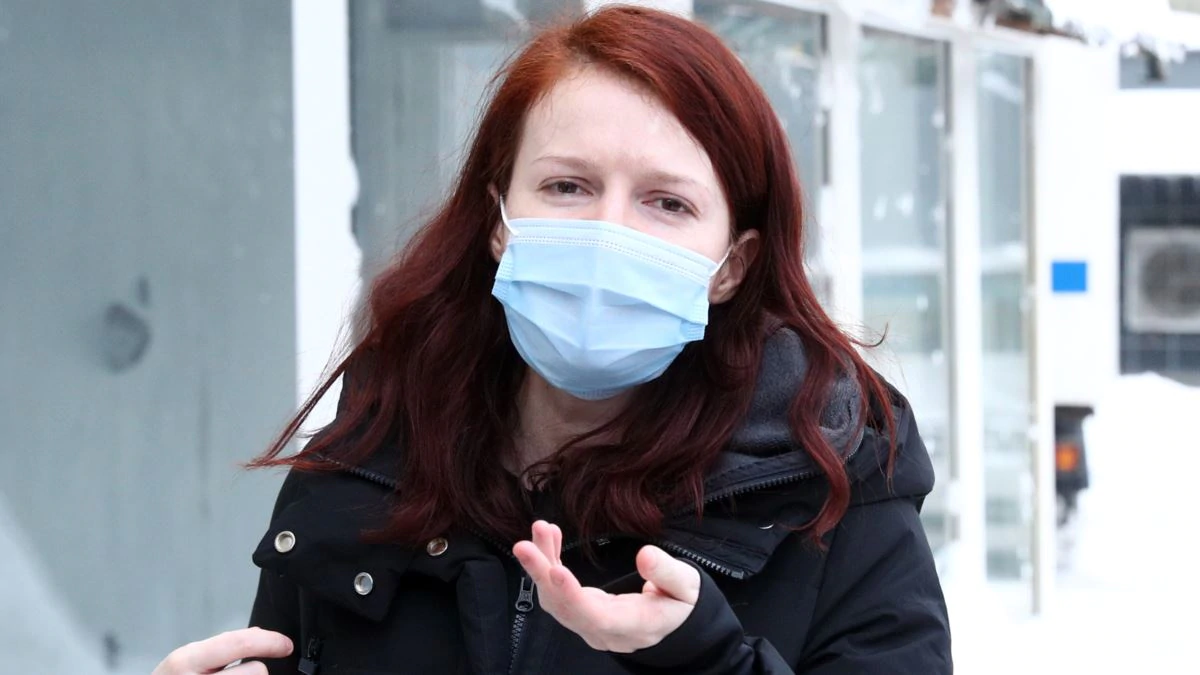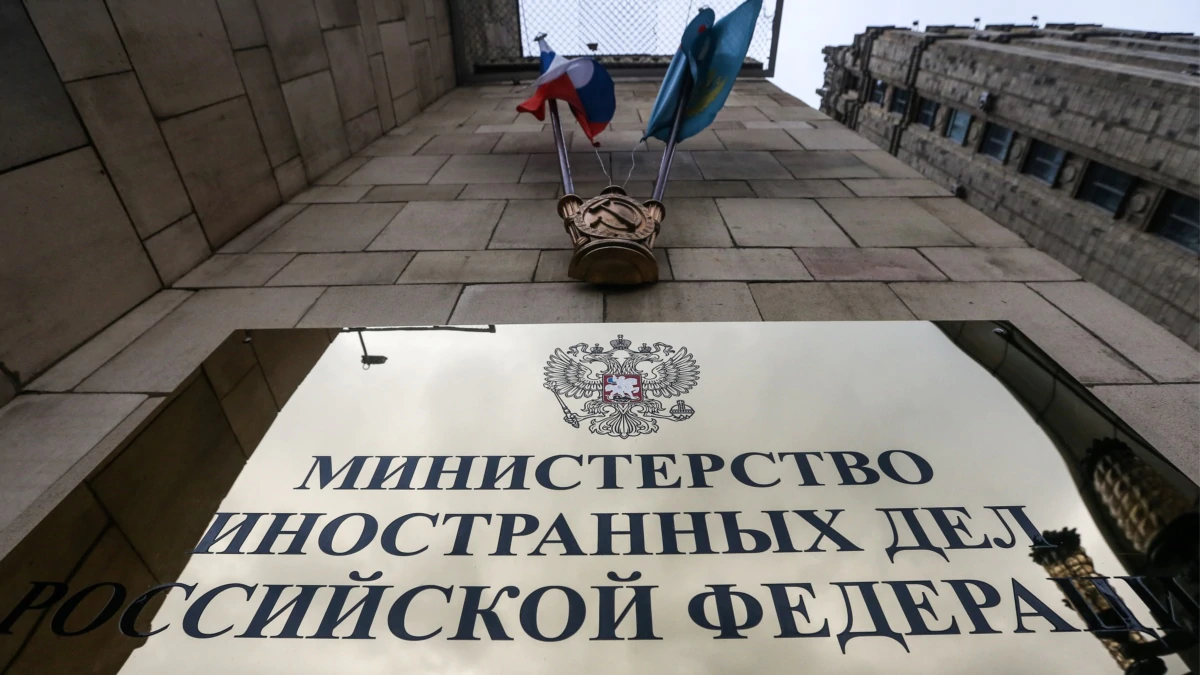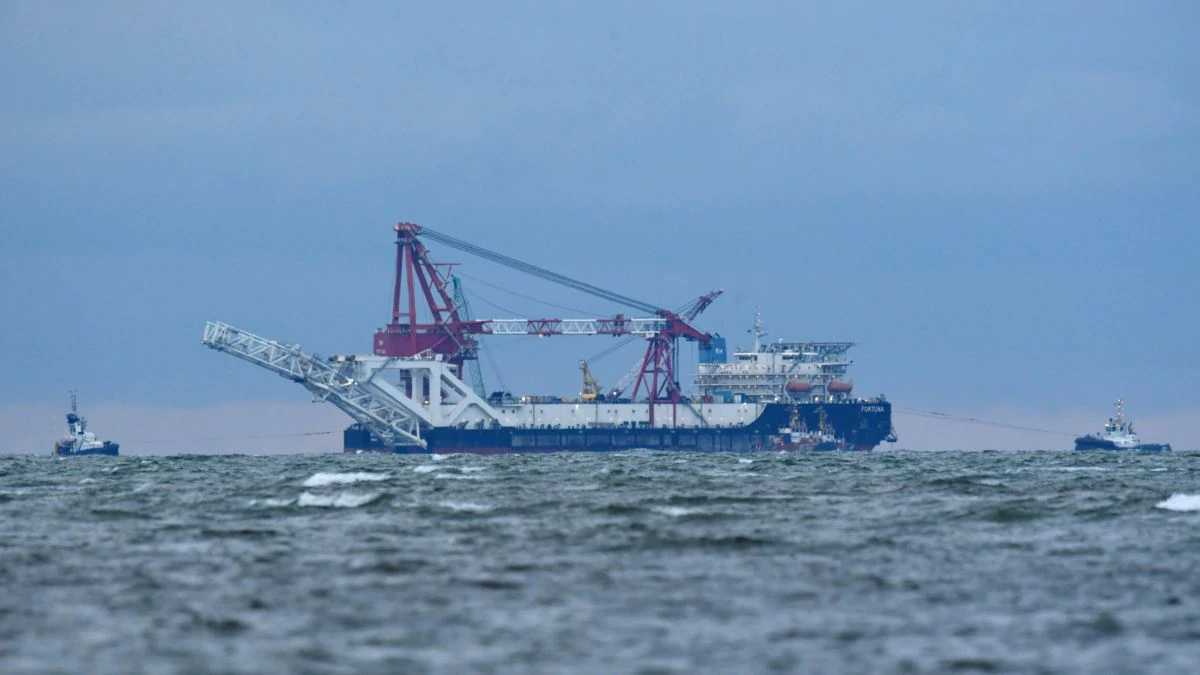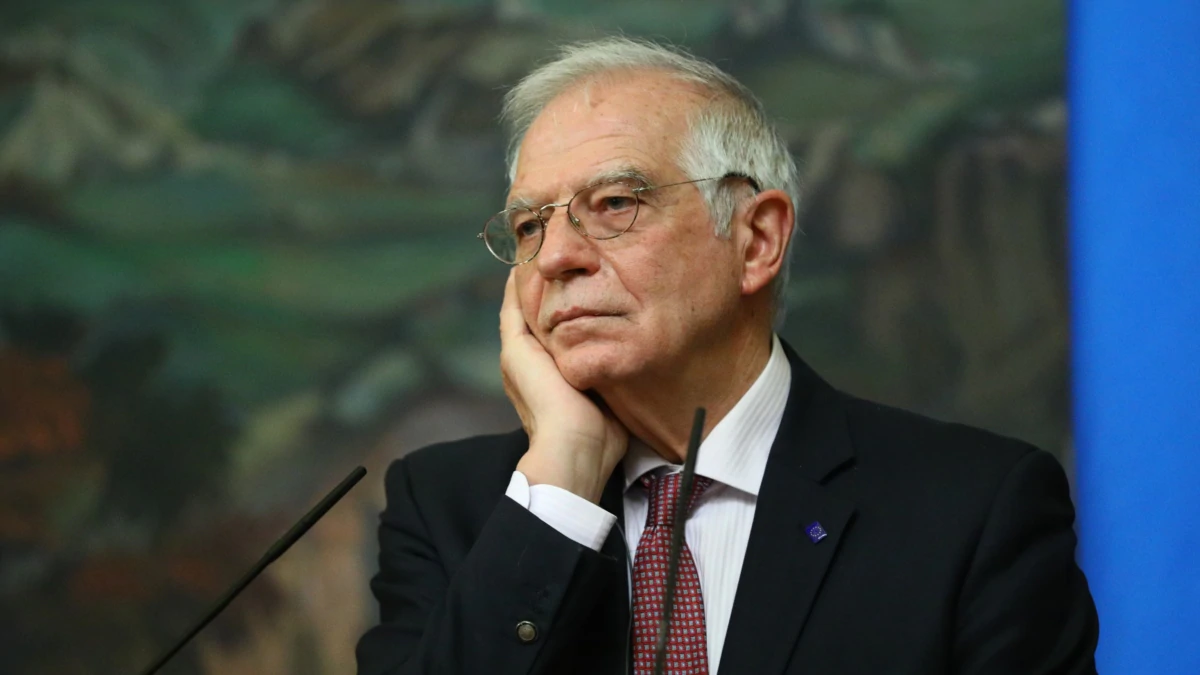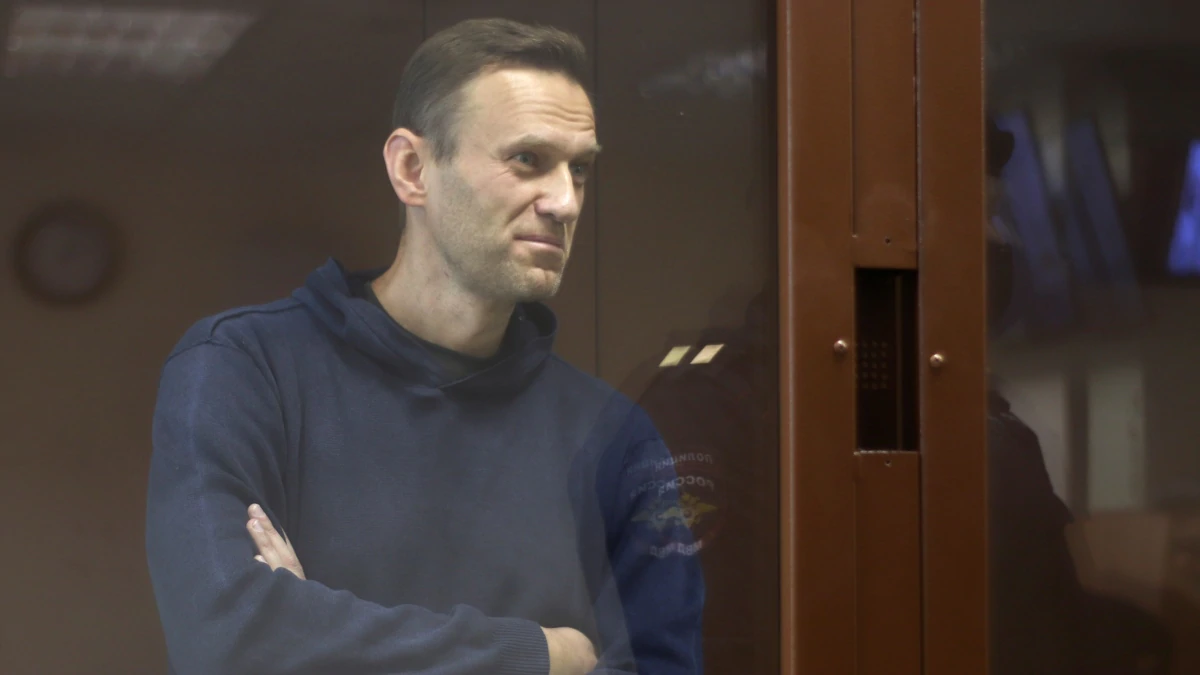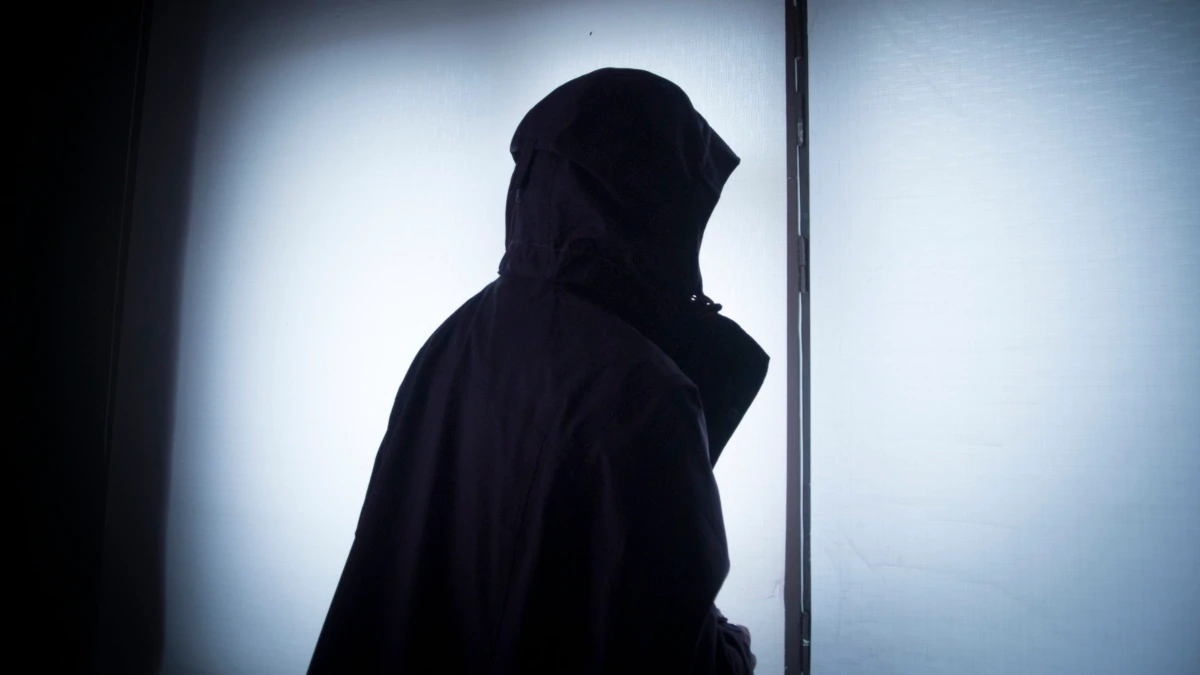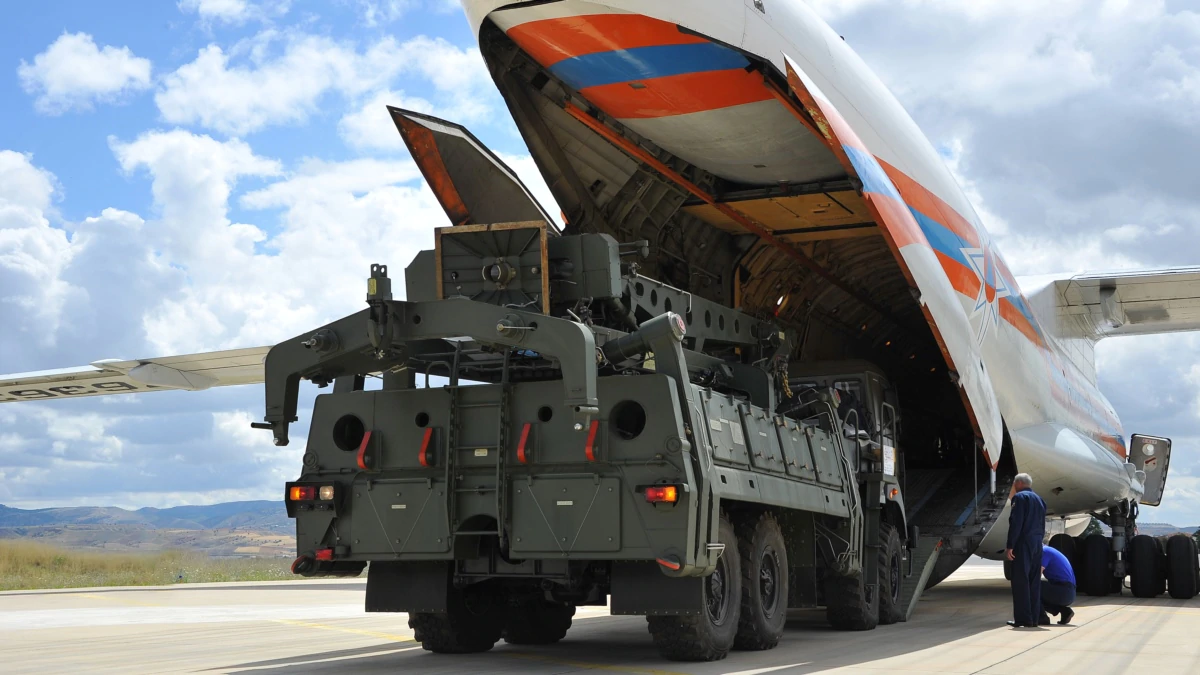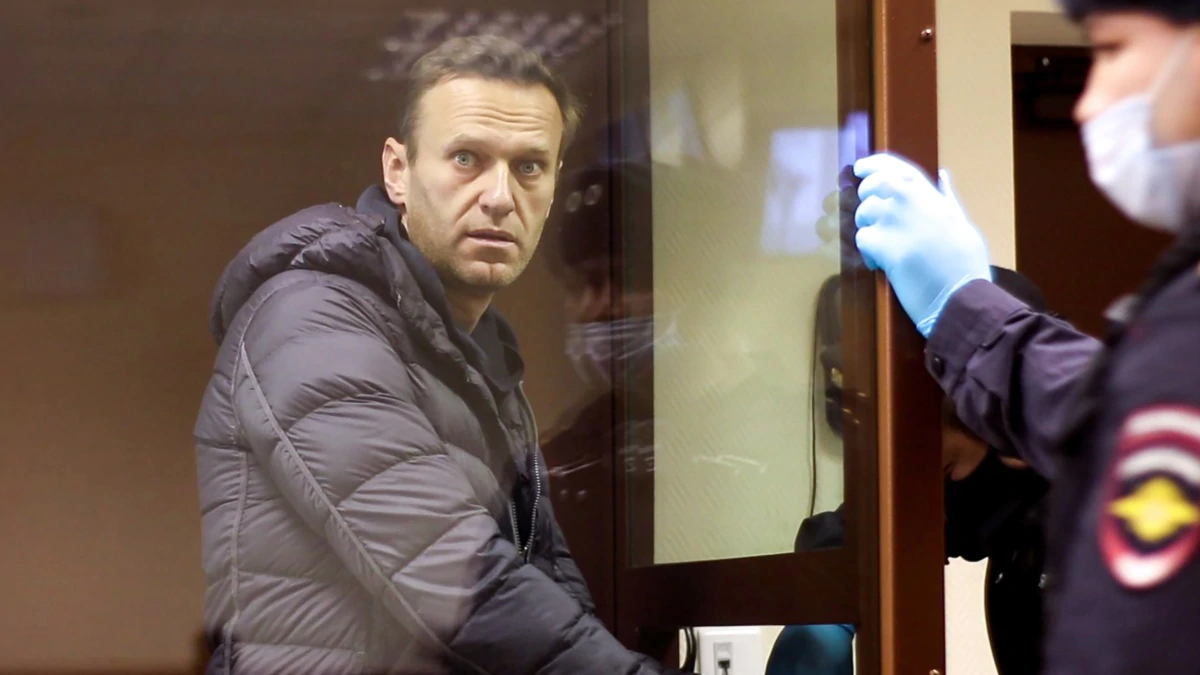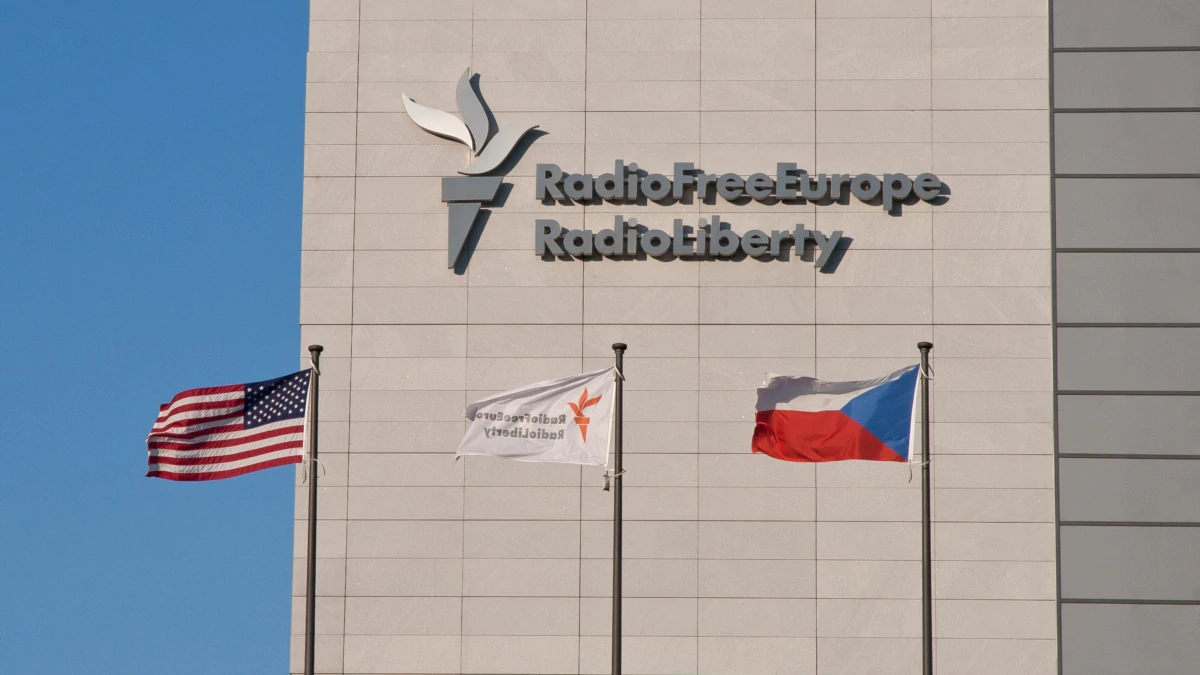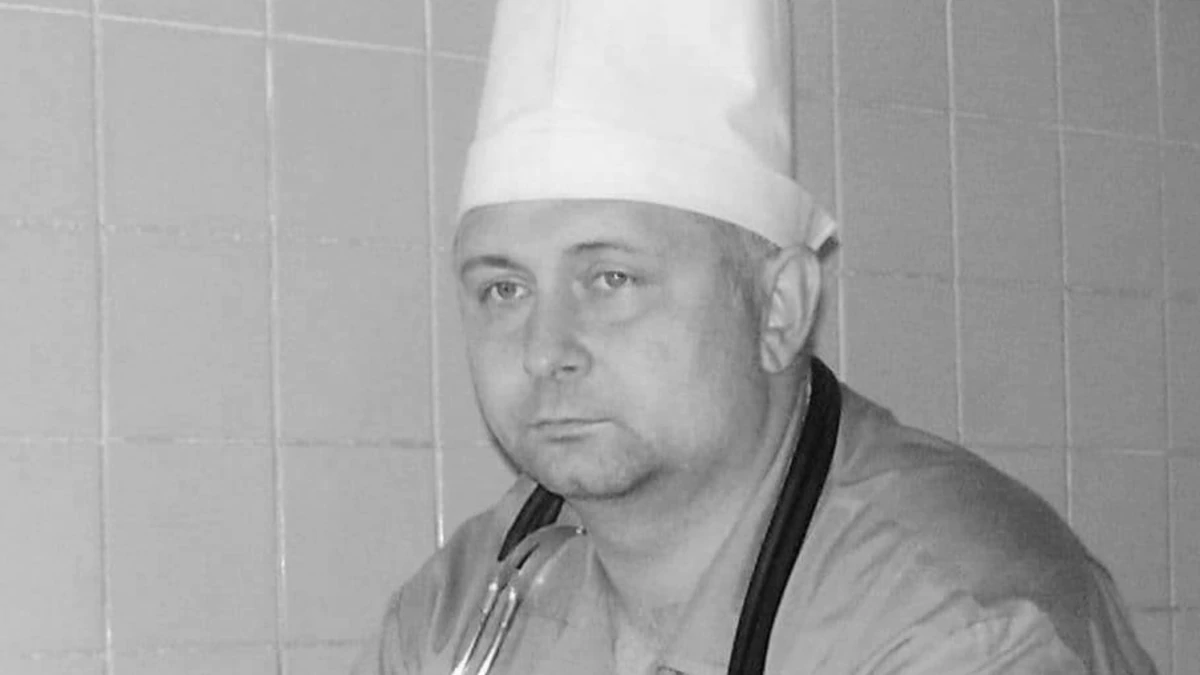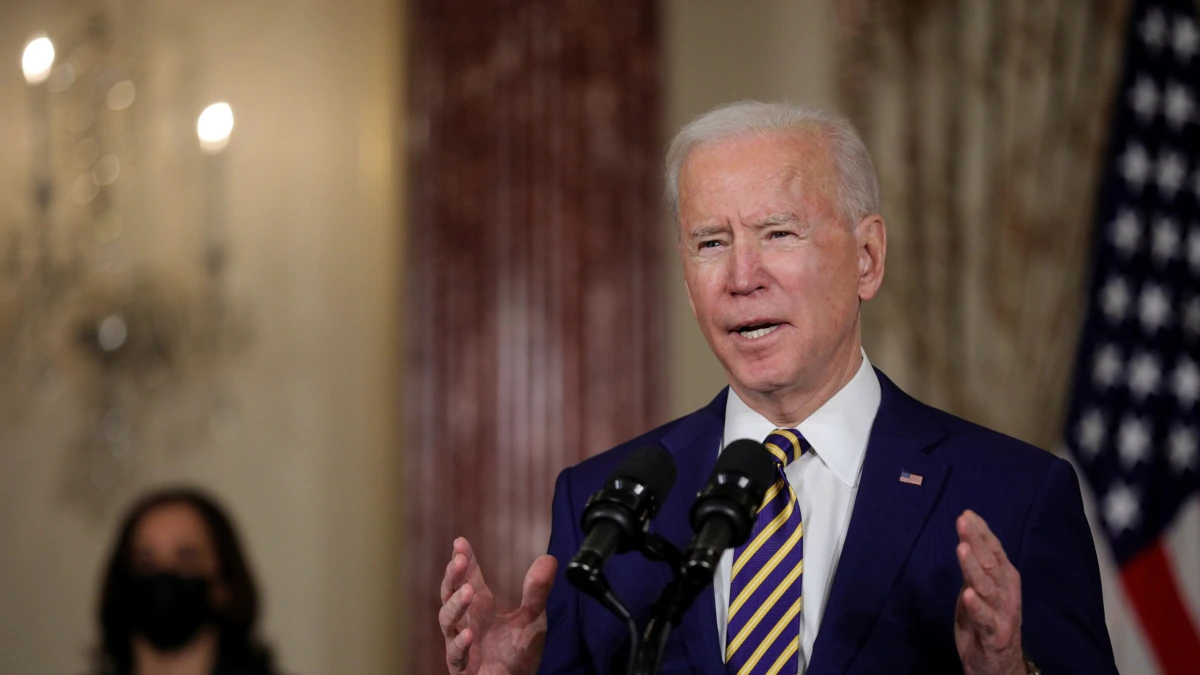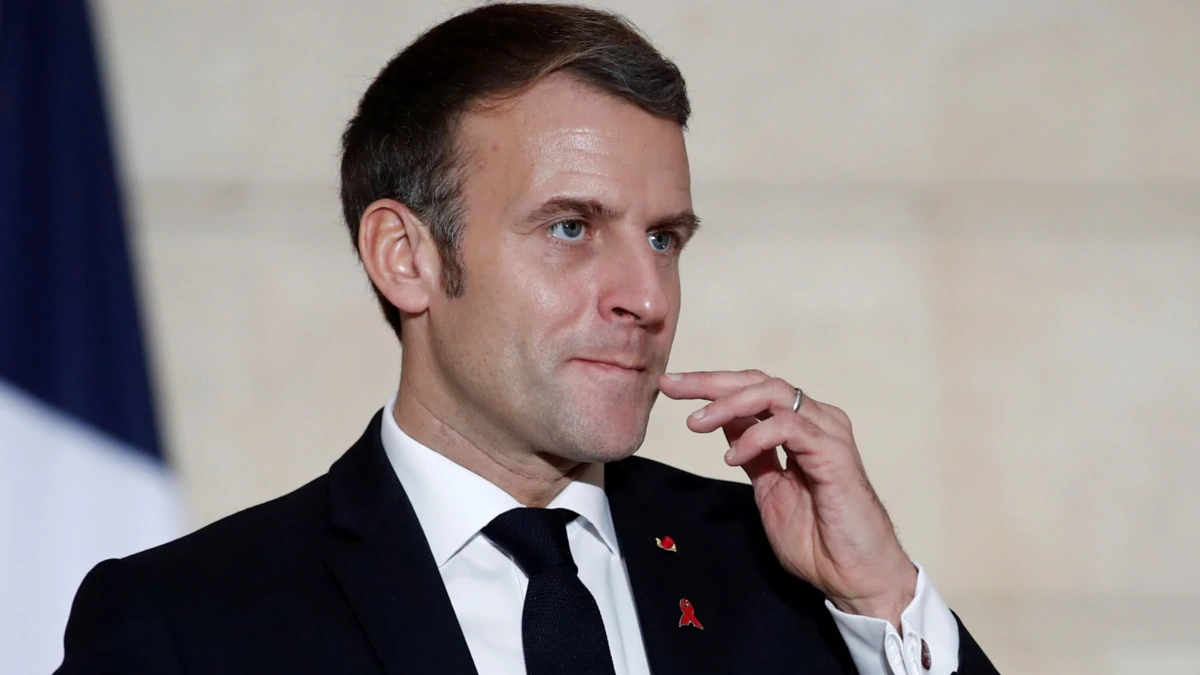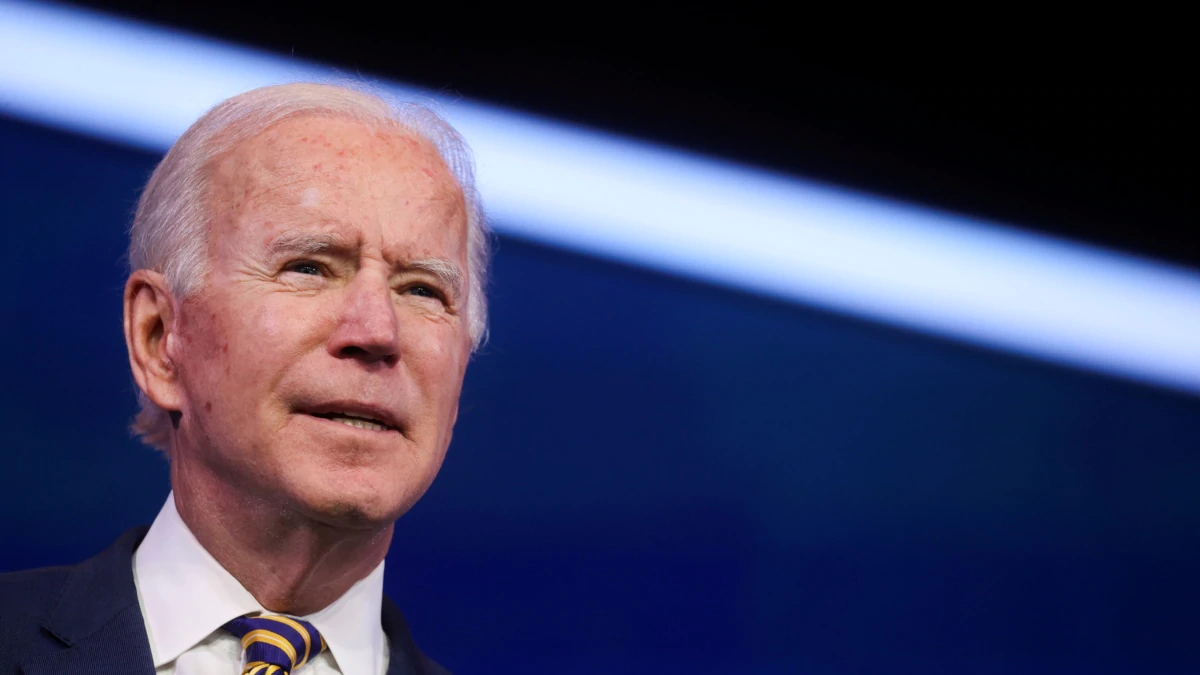Just two days before Moscow was roiled by the biggest anti-government protests since the Soviet collapse, Vladimir Putin went public with the target of his blame:
Hillary Clinton.
“She set the tone for some opposition activists, gave them a signal, they heard this signal and started working actively,” Putin said on December 8, 2011, speaking about the then-U.S. secretary of state.
“We are all grown-ups here. We all understand the organizers are acting according to a well-known scenario and in their own mercenary political interests,” Putin, who was prime minister at the time, told supporters without providing evidence to back the claims. “Pouring foreign money into electoral processes is particularly unacceptable.”
Fast forward nearly a decade.
Russia is now roiled again by some of the biggest nationwide protests in years, possibly since 2011-12. And while the demonstrations nearly a decade ago were mainly in big cities, the protests over the past two weekends — prompted by the jailing of opposition activist and anti-corruption crusader Aleksei Navalny — are wider in scope, reaching more than 140 cities and towns across the country’s 11 time zones.
And after a Moscow judge on February 2 ordered Navalny imprisoned for more than 2 1/2 years, protesters again took to the streets of the Russian capital, in some cases enduring brutal bludgeoning at the hands of riot police.
Who’s to blame for all of this? In the Kremlin’s eyes: The United States. Again.
“Gross U.S. interference in the internal affairs of Russia is a proven fact, as is the ‘promotion’ of fakes and calls for unauthorized actions by Internet platforms controlled by Washington,” the Foreign Ministry said in a post to Facebook on February 1, assigning specific blame to the new U.S. secretary of state, Antony Blinken. No evidence was provided for any aspects of the claim.
On the one hand, it’s a reversion to the mean, political observers said: the Kremlin sees foreign meddling in popular unrest, despite substantial evidence it is in fact powered by Russians’ dislike of endemic government corruption, stagnating wages, economic troubles, as well as fatigue with Kremlin foreign policy — and Putin.
On the other hand, the comments — from the Foreign Ministry and Kremlin — could signal a darker turn for government policy: a xenophobic pulling-up-the-drawbridge; the growing primacy of security agencies like the Federal Security Service (FSB) in domestic policy making; and a wider effort to purge domestic opposition by portraying it as a tool in the hands of foreigners out to destroy Russia.
In 2011, the protests were seen by the government merely as a political crisis, said Konstantin Gaaze, a sociologist at the Moscow School for Social and Economic Sciences. Now, he said, the protests are seen as a revolt engineered by the CIA.
WATCH: No Food, No Lawyer, Threats, And Humiliation: Russians Detained During Navalny Protests Recount Mistreatment
“It’s the same rhetoric as in 2011, but darker, and with much more nuance, in terms of them thinking there is a ‘Fifth Column,’” Gaaze said.
“The difference is now the thinking is: ‘there are CIA spies inside Russia; Navalny and his team are in the country, all of them are CIA agents; Russians don’t have real reason to be unhappy but so they are under CIA control,’” he added.
The first round of protests on January 23 was sparked by Navalny’s arrest upon returning to Moscow from Germany, where he was treated for a nerve-agent poisoning he blames on Putin. Kremlin spokesman Dmitry Peskov pointed to U.S. statements which called for authorities to allow Russians to protest peacefully.
Such statements “indirectly constitute absolute interference in our internal affairs,” he said, and are “direct support for the violation of the law of the Russian Federation, support for unauthorized actions.”
The Foreign Ministry, which has offered no evidence to bolster its accusations, homed in on a routine U.S. Embassy announcement cautioning U.S. citizens about the potential for unrest.
“They had to behave in [the] traditional way: to accuse the USA in the igniting of protests,” Andrei Kolesnikov, a senior scholar at the Carnegie Moscow Center, said in an e-mail. “This is a traditional Ukraine-like scenario. A ‘Nuland-inspired-Maidan’ mantra.”
That’s a reference to Victoria Nuland, then the assistant U.S. secretary of state for European and Eurasian affairs, who travelled to Kyiv late in 2013 and handed out cookies and bread to demonstrators at the Maidan protests roiling the Ukrainian capital.
She became a major target for Kremlin messaging that baselessly accused Washington of engineering the protests, which ultimately pushed pro-Russian President Viktor Yanukovych from power in February 2014.
Kolesnikov said the Kremlin overlooks the fact that Russians protesting may have their own straightforward motivations that have nothing to do with alleged foreign interference.
“But now, like in case of Khabarovsk, there were no signs of foreign intervention,” he said, referring to protests held in the Far Eastern city since June 2020 over the sacking and arrest of a popular local governor.
Foreign Agents
Putin has been accusing the United States and other Western countries of trying to undermine Russia since his first term, in 2000-04. As far back as 2011, when his decision to return to the presidency the following year was a catalyst of the protests, the Kremlin signaled that “forces from without” would be considered a threat and a priority for targeting.
Back in the Kremlin 2012, Putin signed Russia’s first “foreign-agent” law, targeting organizations that receive funding from abroad and are deemed by the government to be involved in political activity.
Since then, it has been gradually expanded to include media outlets as well as individual bloggers and journalists, including several RFE/RL news divisions within Russia. There are scores of entities and individuals now listed on the Justice Ministry’s official registry.
WATCH: What’s Next For Navalny And Russia’s Beleaguered Opposition?
An overlapping measure adopted in 2015 known as the “undesirable organizations” law calls for banning any foreign or international organization that is deemed by authorities to have undermined Russia’s security or constitutional order.
Navalny started gaining wide national attention during the 2011-12 protests, and since then Russian state media have gone out their way to try to discredit his investigations. His Anti-Corruption Foundation, known as FBK, was officially labeled as a foreign agent in 2019, and later was shut down.
“The simple psychological trick that the Russian authorities are using against the FBK is that the organization is working in the interests of foreign powers,” said Maksim Trudolyubov, the editor at large of the newspaper Vedomosti and a fellow at the Wilson Center’s Kennan Institute in Washington. “Russia’s state-run channels are losing influence to social media, but television is still able to get the Kremlin’s message out and sow enough doubt for the mass audiences to trust an outspoken Kremlin critic.”
Now And Then
In 2011-2012, Gaaze said, the protests were more isolated and limited: “a bunch of guys in their 30s living in big cities, Moscow and St. Petersburg, freelancers, IT people, they were stricken by the global economic crisis.”
“It was a middle-class riot,” he said. “It was a big deal for Moscow, the Kremlin, St. Petersburg, but it wasn’t a big deal for the country.”
Today, however, “these are the first nationwide, anti-Putin protests in the history of Russia,” he said. “Protests aren’t limited to special megapolises, now not limited to a certain class. It happened in Samara, Ufa, it happened in places where there aren’t [normally] protests.”
But now, instead of merely sowing doubt, the message has hardened into outright accusations of treachery. And the Kremlin’s rhetoric has escalated to exaggerate an imaginary foreign threat, Gaaze said, because it is the security services like the FSB that are driving policy making.
“The guys from the FSB: they’re deciding how we are going to deal with this CIA black-op,” he said.
Key to that is discrediting Navalny by trying to paint him as a foreign agent, and the wider protests as a foreign-engineered plot.
“For them, Navalny and the people who have marched in recent weeks are nothing less than enemies of the state and a tool for foreign meddling and interference,” Tatiana Stanovaya, a political researcher and founder of R. Politik, a Russia-focused think tank, said in a post to Twitter.
Just days before the February 2 court hearing, a grainy black-and-white secret surveillance camera video circulated on the state TV channel Rossia-1, on the TV channel formerly known as Russia Today, and other outlets. It purported to show a Navalny lawyer meeting with a diplomat from the British Embassy in Moscow.
Margarita Simonyan, the head of Russia Today, which has rebranded itself as RT, has called for Navalny to be prosecuted for treason. After the judge’s order to send Navalny to prison, she praised the move.
It was a proper reaction, she said, to “what Western secret services and the so-called civilized world are trying to do to Russia” — overthrow the Putin government. She provided no evidence to back up the charge.
Analysts say one motive of such remarks could be to instill patriotic sentiment in the police and security officers confronting and thwarting protesters, assuring them that they are protecting Russia from foreigners.
“The security services aren’t just breaking up protests anymore; they’re on the front line, resisting a revolution sponsored by foreign enemies whose aim is to destroy Russia,” Aleksandr Baunov, a senior fellow at the Carnegie Moscow Center, said in an article published after Navalny’s return to Russia.
Denis Volkov, deputy director of the Levada Center, an independent polling agency, said that for many Russians, there’s a persistent belief that the West had interfered in politics in Ukraine, and more recently, in Belarus. But less so in Russia.
Trying to delegitimize genuine opposition by trying to tie it to foreign forces isn’t as widely effective anymore, he said.
“It’s working to a limited extent, but mainly for the older generation who are watching TV,” Volkov said. “When people can look around them, they can see the reasons for the public dissatisfaction” — and that blunts any Kremlin accusation about foreign meddling,” he said.
“The Kremlin is using it too often, it already doesn’t work anymore,” Volkov said.
This post was originally published on Radio Free.
